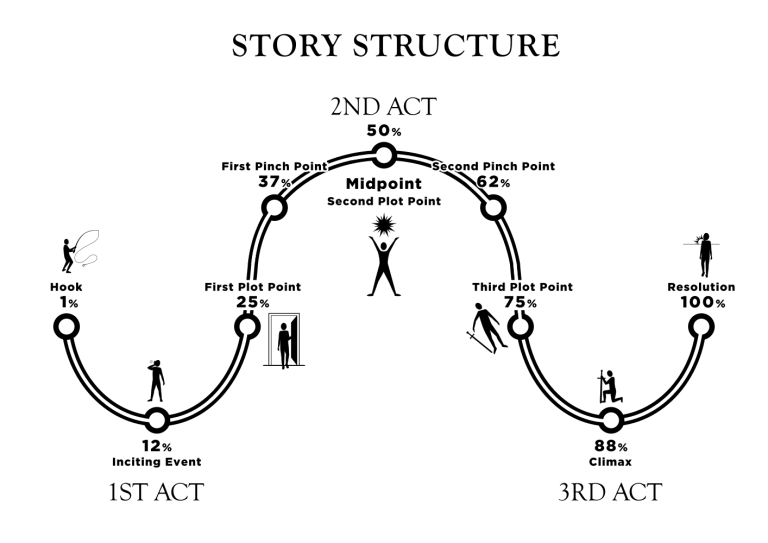At My Father’s House, we believe every person has the capacity to change—but real transformation requires more than resources. It requires a shift in posture.
That’s why we embrace what we call The Protagonist Approach: treating each man not as a passive recipient of services, but as the central actor in his own story. This approach rests on three pillars: Empowerment, Narrative, and Dignity.

Empowerment
Too often, programs unintentionally reinforce dependency. We create structures to help—but then fill them with people doing things for participants instead of with them. The message is subtle but clear: You need us to fix you.
The Protagonist Approach flips that dynamic. Our staff and volunteers aren’t saviors. They’re guides, coaches, and sounding boards. Their role is to listen, ask questions, and equip participants to make meaningful decisions about their own lives. We resist the urge to micromanage. We defer, we empower, we respect the process.
Participants set their own goals. They track progress. They learn to navigate conflict, advocate for themselves, and take ownership of their decisions—including the hard ones.
This doesn’t mean we don’t hold boundaries. We do. But we believe growth sticks when it’s chosen, not coerced. Because when a man starts to see himself as the actor—not just the outcome—of his own story, the arc begins to bend toward healing.
Narrative
Agency alone doesn’t change a life. To move forward, a person also has to reckon with the story they’re living inside.
Everyone lives according to a script—some spoken, many internalized. For the men in our program, those scripts often sound like: I’m a screw-up. I always mess it up. This is just who I am. Over time, these stories calcify. They shape expectations. They limit hope.
The Protagonist Approach invites something different: re-authoring. We help men name the story they’ve been living—and ask if that story still serves them. We reflect language back. We pause on negative loops. We ask questions like:
- If this is the lowest point in the plot, what could redemption look like?
- What title would you give the next chapter?
This isn’t therapy. It’s clarity. We treat a man’s life as a developing arc—with conflict, turning points, tension, and choice. When men begin to see that their past isn’t the whole plot, that something different is possible, they lean in. They begin to imagine a future that’s not inherited but chosen. And in that moment, the story starts to shift.
Dignity
Underneath empowerment and narrative is something even deeper: dignity.
The Protagonist Approach begins with this simple premise: every person has worth. Not based on their record. Not contingent on performance. But intrinsic. That dignity doesn’t need to be earned—it needs to be acknowledged.
That changes how we speak. We don’t refer to men as “cases” or “clients.” We use names. We talk about decisions, not labels. We don’t define people by the worst thing they’ve done. We build programming, spaces, and relationships that say: You matter.
We see dignity in how a man carries himself when he feels seen. We see it when he asks questions instead of pretending he knows. We see it when he sets boundaries for the first time, or prays out loud, or calls his mom.
Dignity isn’t soft. It’s strong. And it’s our foundation. We don’t do this work to fix people. We do it to walk with them—because we believe they are already worth the journey.
The Protagonist Approach is more than a method. It’s a conviction. When we combine empowerment, narrative, and dignity, transformation stops being abstract. It becomes lived—owned—real.
At My Father’s House, we’ve seen these principles change lives. And we’re committed to building every part of our program around them. Because transformation isn’t random. It’s built.
 Skip to content
Skip to content
